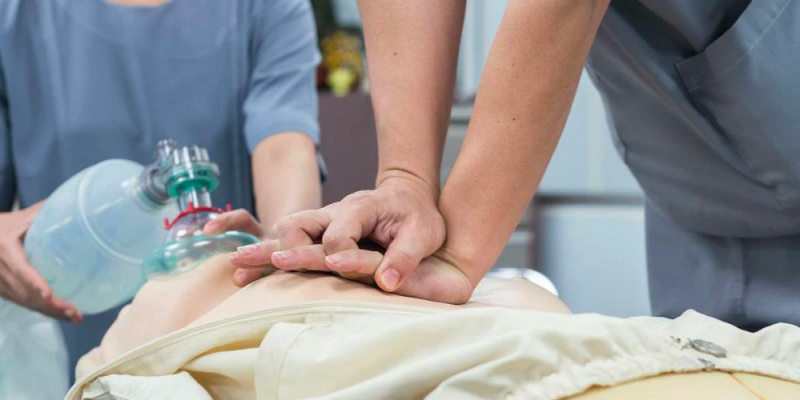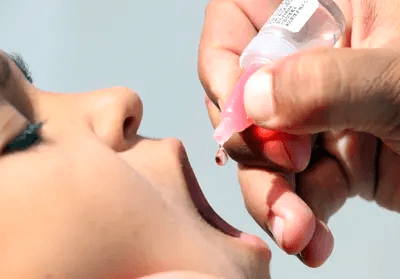Abstract
Managing dental patients with medical illnesses such as hypertension, diabetes mellitus, epilepsy or heart diseases is not a straightforward road, as every case needs to be addressed according to its severity. Some may end up in emergency situations on the dental chair. This article presents a novel concept designed by the author called the ‘traffic signal concept’ and a simple, easy-to-understand guide for dentists for managing medically compromised patients in the dental clinic safely and quickly. The article is a one-stop solution to medical illnesses and emergencies in dental practice.

Introduction
Noncommunicable diseases commonly include cardiovascular disease, chronic respiratory illnesses, diabetes, various cancers etc and are estimated to account for around 60% of all deaths. Cardiovascular diseases such as ischemic heart disease and cerebrovascular diseases such as stroke, account for 17.7 million deaths globally and are the leading cause of death.1
In accordance with the World Health Organization, India accounts for one-fifth of these deaths worldwide especially in younger population. Indians are known to have the highest coronary artery disease rates, and the conventional risk factors fail to explain this increased risk.
The most common medical emergency which may occur during dental treatment as per global data is syncope. After syncope, various common medical emergencies in dental practice include
- seizures
- asthma
- hypoglycemia
- myocardial infarction and
- hypotension.
According to the Indian Council of Medical Research (2019), India has almost 20 crore adults with hypertension (one in every four individuals). The same report stated that the number of people suffering from diabetes mellitus in India are 77 million. One of the most common neurological disorders is epilepsy with more than 10 million (registered) cases in India .
Looking at the figures above, a dentist must be well versed with such common medical illnesses which may create life threatening situations in dental clinic, and know how to handle such situations. All medically compromised patients must be screened well before performing any dental procedure.
To help the dentist in taking quick, medico-legally correct and safe decisions, I have developed this new concept which will be able to guide the dentist on do’s and dont’s in managing medically compromised patients at the dental clinic.
The traffic-light signal concept
The traffic-light signal concept is a new, simple and pictorial concept. This concept is based upon the fact that image-based guide is easier to follow. Secondly if the image is very popular and can be understood by almost all the individuals, then it becomes very easy to put into practice. This concept utilizes the traffic signal light images which we all are very familiar with.
In traffic signals
- the red light means stop,
- yellow light means proceed with caution or wait, and
- green light means go ahead.
Similarly, in medical emergencies, the same concept can be applied to heavily simplify this loaded topic.


Besides the main dentist, the consultant specialists and associate doctors, this super-simplified concept can be followed by the auxiliary staff like dental assistants and clinic receptionists too.
So, all the common medical illnesses which we come across routinely in dental practice have been written as per the traffic signal concept below and all you need is to just read and print the images to train your clinic staff.
Conditions as per the traffic signal concept
In the video below, I have included following most common and relevant medical conditions which may affect our dental practice:
- Vasovagal syncope
- Hypertension and stroke
- Ischemic heart disease
- Diabetes mellitus
- Epilepsy
Video link of the traffic signal concept:
Tips:
- Spare 16 minutes to know everything about medical emergencies on the dental chair (video length)
- The video has been divided into mini-chapters along with corresponding time stamp – simply click on the condition you are interested in and watch.
- When the traffic signal concept of the particular condition comes up—-
Pause the video>> Screenshot>> Print!
The printed images can be put up in a safe space inside the clinic hidden from the patient’s eye, and in dire situations even the auxiliary staff of the clinic can readily assist you instead of panicking.
Conclusion
Safely and effectively managing medically compromised patients in the dental clinic is going to be a major challenge for the next generation dental practitioners. This is because as average life span is increasing, more and more people are going to live with one or more medical illnesses. We have to improve our knowledge and skill to manage such patients at the same pace. This article provides instant and easy answers to all the questions related to medical emergencies in dental practice.
References
- Medical emergencies in dental practice by Stanley Malamed 7th edition.
- National family health survey-5 ,2019-2021 report.
- WHO global statistics on noncommunicable diseases.
















Comments